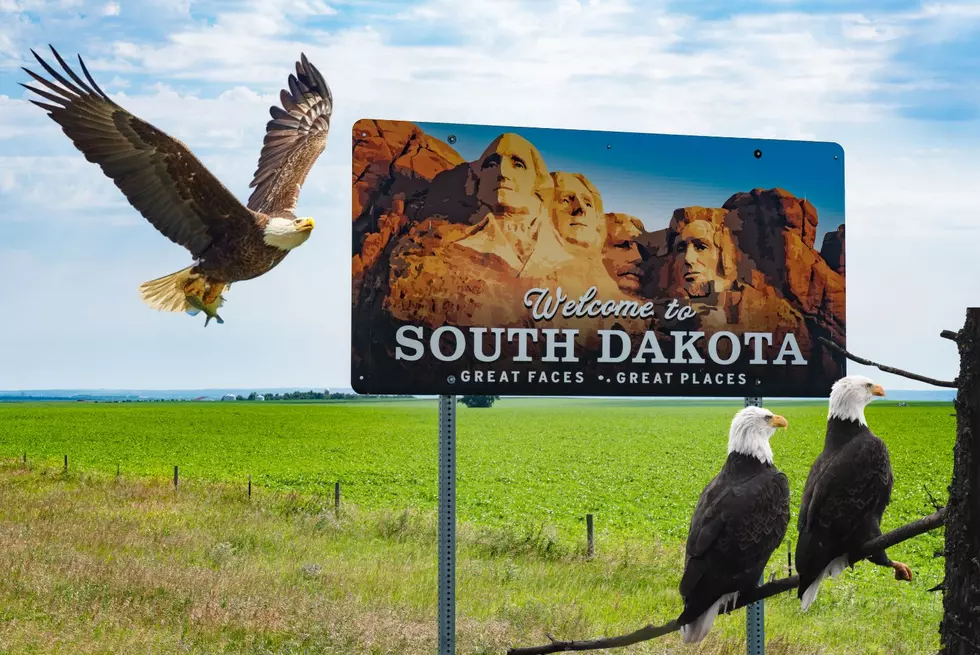
End of Reservation-based Western Sky Financial Leaves Tricky Legal Questions
Though now shuttered, this month’s closure of Western Sky Financial’s payday loan center on the Cheyenne River Indian Reservation leaves some unanswered legal questions.
Sept. 3, Western Sky, closed. In a press release announcing the closure, the company remained defiant about the forces that brought about its demise.
"Regulators from the State of New York and other states lack the authority to regulate legal commerce engaged by members of the Cheyenne River Sioux Tribe on the Cheyenne River Indian Reservation," said Steve Emery, of the Emery Law Firm in Eagle Butte and a spokesman for Western Sky Financial. "The consequence of this groundless overreach is the loss of 94 quality jobs in this economically disadvantaged community."
Western Sky’s owner is Martin Webb, an enrolled member of the Cheyenne River Sioux Tribe in north central South Dakota. The company operated from Eagle Butte and Timber Lake on the reservation.
Reportedly, the loans contained a provision that they were “subject solely to the exclusive laws and jurisdiction of the Cheyenne River Sioux Tribe, Cheyenne River Indian Reservation. All borrowers must consent to be bound to the jurisdiction of the Cheyenne River Sioux Tribal Court, and further agree that no other state or federal law or regulation shall apply to this Loan Agreement, its enforcement or interpretation.”
Webb reportedly also told the West River Eagle in Eagle Butte in 2011 that state law did not apply to enrolled members like him within the confines of their home reservation.
In 2012, the Maryland commissioner of financial regulation issued an order against Western Sky to cease and desist operations for violations of state law. The commissioner found that some Western Sky loans were as high as 1,825 percent.
Besides the cease and desist order to stop trying to collect on the loans, the agency found the loans were illegal and unenforceable and fined Western Sky $137,000 in civil penalties.
The Maryland administrative law judge did not accept the company’s defense of tribal sovereign immunity. Sovereign immunity is a doctrine that protects governments against claims.
“There is nothing in the record to indicate that the businesses act as arms of the Tribe or that Mr. Webb activities were taken on behalf of the Tribe,” the tribunal found.
Elsewhere in the United States, New York State has sued the company for “scamming” New York residents, filing the action in state court in Manhattan. The New York attorney general alleged that Western Sky was making loans to New Yorkers at up to 355 percent interest. The case is still pending.
Also in federal court in New York, the state is suing several other tribes on similar allegations and had a hearing Wednesday. Western Sky is also a defendant before that court but in a different case.
Northern Plains News also found lawsuits or other legal actions filed against Western Sky earlier this year in the Middle District of North Carolina Federal District Court; in the Eastern District of Missouri Federal District Court in 2011; in West Virginia state court in 2011; and in the Washington State department of financial institutions in 2011.
According to media reports, Western Sky has also faced or is facing legal actions in Minnesota, Oregon and Colorado.
The Federal Trade Commission also filed a complaint against Western Sky in 2011. The complaint also named a number of other South Dakota payday loan companies. That action is pending
So, have these legal processes from outside the reservation been a “groundless overreach,” as Emery claimed about the controversial lender?
The answer, according to one Indian law expert, is not clear.
“Legal incorporation at Cheyenne River provides no guarantee of the absence of state regulation or jurisdiction if you are doing business with S.D. residents who reside off the reservation,” said Frank Pommersheim, a professor of law at the University of South Dakota and Native American law scholar.
Other than its offices on the reservation, Western Sky did not have physical offices in the states that were suing it. This also complicates the legal issues, according to Pommersheim.
“It also important to know where its offices are, which is somewhat problematical when there are no physical offices, just the Internet,” Pommersheim said.
Pommersheim, a poet who also practiced law on the Rosebud Indian Reservation after moving to South Dakota from New York, says the Western Sky situation presents an even trickier problem than most tribal jurisdiction and sovereignty cases.
“It needs more talk and conversation,” Pommersheim said. “It is the cutting edge intersection of the complexities of Indian law jurisdiction and Internet regulation.”
Some online critics have alleged that Western Sky is just a “front” that takes advantage of a community in need of jobs. The reservation’s unemployment rate is estimated at 88 percent according to the latest statistics available, a 2005 federal study.
However, Pommersheim said even that point of view could also be turned around.
“There is also irony going in the other direction by being located in a state that does not have any usury laws,” Pommersheim said. He also notes that South Dakota’s state officials haven’t gotten involved, as it appears no South Dakotans complained about Western Sky.
Whatever the legal issues, Western Sky operations remain suspended. The company still has a two page website at http://www.westernsky.com/ but only lists the Sept. 3 press release on one page and contact information on the other.



